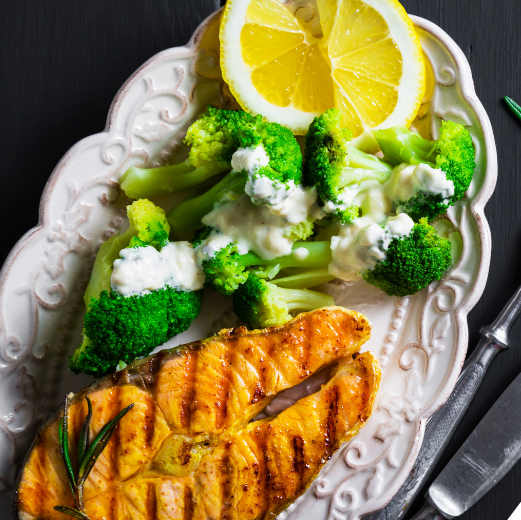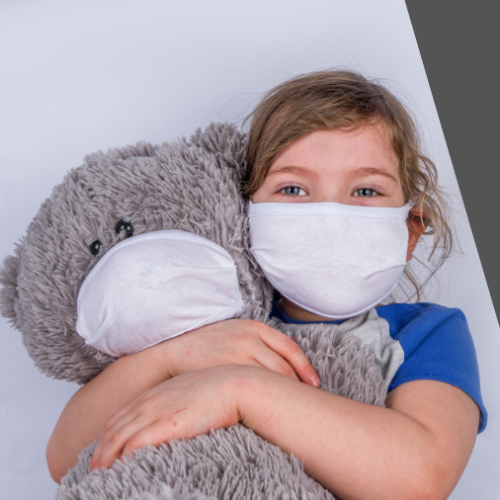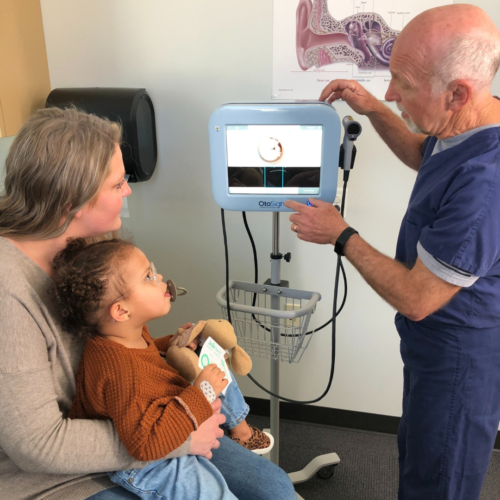Phone
866-411-EARS
Address
PhotoniCare Inc.
2800 Meridian Parkway, Suite 175
Durham, NC 27713

Food is vitally important to us. It nourishes our bodies, gives us energy, and even has the ability to improve our moods. Certain foods can also be important to certain parts of our bodies. Take carrots for instance. Not only are they a perfect mid-afternoon snack, or complementary side dish to an entrée, carrots are also used to get small amounts of Vitamin A, which is good for your eyesight. Knowing this, it makes one wonder, what kind of food may be good for ear health and a person’s hearing? What food should a person include in their diet to maintain healthy ears?
BANANAS
Bananas have always been known for a good source of potassium and many runners have bananas in their daily diets to fight cramping of the muscles. But did you know that bananas can also help protect against hearing loss? Bananas contain magnesium. Magnesium is known to help expand the blood vessels and extend circulation (even all the way in your inner ear). In addition to increasing blood flow, it also controls the release of glutamate. Glutamate is a major contributor of noise-induced hearing loss, so when controlled effectively, a person is significantly less likely to have his or her hearing altered. The ease of including bananas in your everyday diet is a plus as well. Whether it is breakfast on the go, a snack to get you through the day, or sliced up in a smoothie, there are so many ways to incorporate bananas and keep hearing loss at bay.
SALMON
Everyone knows that a person’s body tends to break down the older he or she gets – and hearing is no exception. That is where salmon comes in! Salmon is good for your ears, and specifically, hearing. Salmon, sardines, and other similar fish contain omega-3 fatty acids. Omega-3 fatty acids are known for having the ability to reduce the risk of age-dependent hearing loss. While it helps slow age-related hearing loss, it does not mean that you have to wait until a certain age before taking action. Starting out eating two servings of salmon per week when you are young will help you begin taking care of your ears far before any problems arise. There is nothing wrong with being proactive! There is only one problem with salmon being good for a person’s ear health. Not everyone likes fish! So, if a person does not like fish, is he or she just destined to experience age-related hearing loss? Thankfully, that is not the case.
BROCCOLI
In a study released in 2007, it was found that folic acid was also extremely helpful in delaying hearing loss. One such food that is full of folic acid is broccoli. In addition to the folic acid, broccoli also contains nutrients such as Vitamin K, Vitamin C, and fiber. This trio of nutrients is incredibly helpful in reducing damage to the delicate and sensitive tissues in a person’s ear. Whether ingested raw, steamed, or grilled, a good amount of broccoli in a person’s diet will be sure to protect his or her hearing much longer than an average person’s.
DARK CHOCOLATE
Some of you have been reading this article grumbling about all these healthy foods and the health-nuts that must be writing this…well, never fear! Dark chocolate has been known to aid in the prevention of hearing loss, as well! One of the main contributors to age-related hearing loss is a zinc deficiency. That’s where dark chocolate comes in. A treat that is high in zinc, eating a square of dark chocolate a day can keep a person hearing better than his or her peers well into old age.
So, if you are keeping track, the #EnginEarGuys have offered up a nice meal plan of ear-health-related foods: bananas to start the day, a serving or two of salmon per week, a hearty side of broccoli for lunch or dinner, and a square of dark chocolate to end the meal. It is no wonder why food is so important for us. Along with accomplishing the obvious of keeping us fed, it also helps our energy, mood, immune system, and countless other important functions throughout our body. Hearing is no exception to this! It is never too early to begin protecting yourself from hearing loss. By incorporating these four foods into your diet, you can rest assured knowing you are taking proper care of your ear health.

The COVID-19 pandemic has created numerous challenges for parents. Navigating… Read More

PhotoniCare sits down with Dr. Michael Novak, an Ear, Nose… Read More

This week on the #EnginEarGuys blog we talk about otolaryngology… Read More